Launched in 2017, the Good Growth Partnership works across the supply chain of soy, beef and palm oil to reduce deforestation and advance sustainable development.
The Partnership is funded by the Global Environment Facility (GEF), and its implementation partners are the International Finance Corporation, Conservation International, UN Environment Programme and governments from Paraguay, Brazil and Liberia. Furthermore, the Partnership directly interacts with some of the largest commodities manufacturers in the world – for example, Unilever, Cargill and PepsiCo.183 The core of its mandate is to catalyse a transition to more sustainable supply chains.184 It does so by supporting policy development that ensure suitable land is used for production, and not areas that are high in biodiversity. It also facilitates investment and market-based incentives for sustainable production, analysing how banks identify and manage deforestation-related risk in their commodity portfolios. Additionally, the partnership supports market awareness for deforestation and provides capacity-building for sustainable land-use practices.185
An example is the partnership’s assistance to ten central and western African countries in participating in the Tropical Forest Alliance 2020 Africa Palm Oil Initiative.
183 ‘Financing Sustainable Land Use: Unlocking Business Opportunities in Sustainable Land Use with Blended Finance’. 2018. Kois Investment, the Business & Sustainable Development Commission and the Blended Finance Taskforce. https://docs.wixstatic.com/ugd/679693_bc261b1e91914e76b14f0cac70344cb9.pdf.
184 Good Growth Partnership 2018. Year One Highlights. Available: http://goodgrowthpartnership.com/wp-content/uploads/Good-Growth-Partnership-Highlights-Year-One.pdf
185 Good Growth Partnership 2018. Year One Highlights. Available: http://goodgrowthpartnership.com/wp-content/uploads/Good-Growth-Partnership-Highlights-Year-One.pdf




